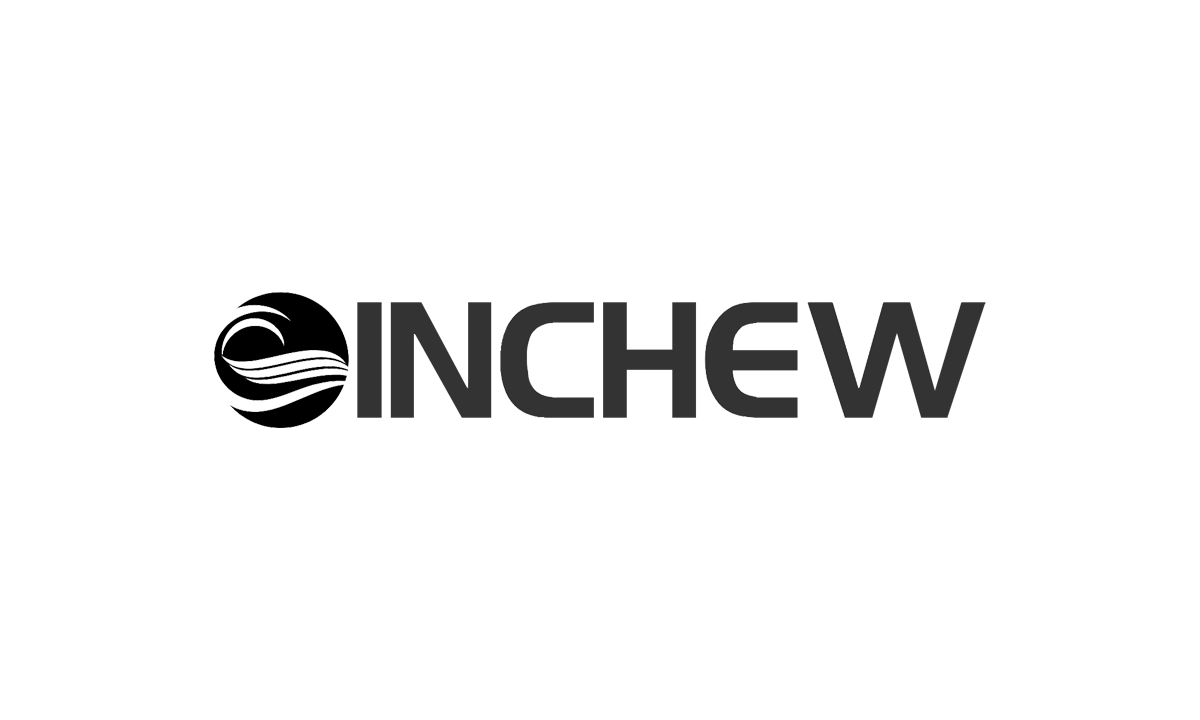From 2012 to 2015, during the golden age of free-to-play mobile games, European market regulators were actively concerned about the state of the industry. For the past seven years, EU lawmakers have been considering the issue of loot boxes, but now virtual in-game currencies could join them. The portal gamesindustry.biz cited three key points from a report by European consumer group BEUC on what is happening in the virtual microtransaction market.

Lack of parental control
The report claims children often spend money on games without their parents' knowledge or permission, citing a series of articles published between 2013 and 2016. This does not mean that by 2024, This problem is by no means non-existent, but there is evidence that it is becoming less relevant. Thus, Video Games Europe's most recent survey shows that, on the contrary, children's spending of money is lower than before.
Additionally, it's important to understand that the lack of control over microtransactions is a problem that's not unique to video games. Parental control options largely depend on the capabilities of the platform and payment operator, as well as the parents' own level of digital literacy. A report from the Swedish Consumer Association found that blocking purchases with a single password provides an adequate level of protection. And additional technical measures at the platform level ensure parity between Apple and Google parental control settings.
The concept of premium currency is related to several games
The report mainly focuses on the harmful effects of the so-called. “premium currency”, but does not state that many releases in fact use a “mixed currency” model. And it differs from premium in that it can not only be purchased for real money, but also earned during the game.
Notably, the UK Committee of Advertising Practice understands the difference between premium currency and mixed currency – they must be advertised differently. This could make BEUC's proposal to price virtual items with real money difficult to implement in practice. Even the organization itself admits that situations may arise where it is impossible to calculate the actual cost of a purchase.
One option for a more comprehensive approach to the problem is to comprehensively evaluate the economics and gameplay of a given game to find out whether it fairly explains the mechanics to the player. play or not. For example, does it clearly inform the player how much money he has and the value of a virtual item as well as sources of in-game monetization other than microtransactions.
BEUC further notes that premium currencies can reduce the “pain of spending money” – which increases player spending. However, the studies cited limited evidence and focused on credit card spending statistics. Only one scientific work has studied high-grade currencies.
Premium currency as digital content – not a payment method
Finally, the BEUC report raises the issue of recognizing premium currencies as “payment methods” under EU consumer law. Currently, in-game currency is considered “digital content.” They only qualify as a payment method if they represent a “digital token of value.” And these symbols must have real-world value and be recognized by national law.
Currently, in-game currencies are not considered a payment method because they are tied to the game's ecosystem and cannot be used to pay for real-world goods and services. The definition of “digital symbol” exists for official virtual currencies issued by banks, which is a completely different phenomenon.


